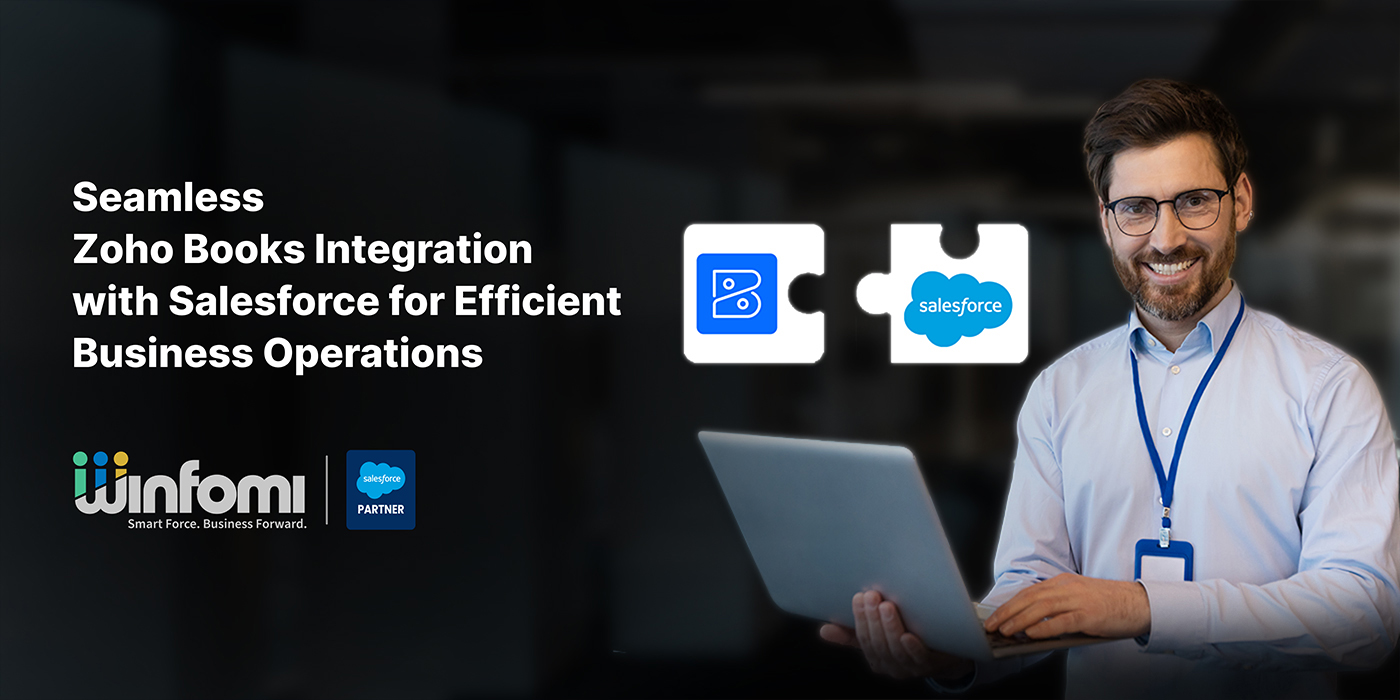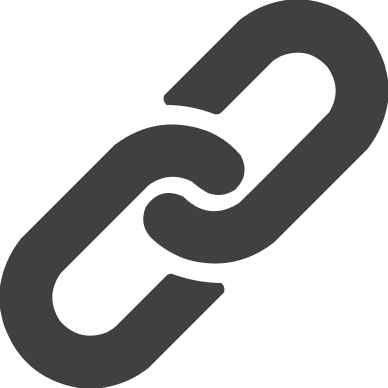

Share:
Table Of Contents
- AI Agents: The Future of Workflows in the Salesforce-Powered Enterprise
- What Are AI Agents and Why Are They Game-Changers?
- How AI Agents Work with Salesforce Architecture
- How AI Agents Are Transforming User Experience in Salesforce
- How to Prepare Your Business for AI Agents
- How to Get Started with Salesforce Development
- Why Choose Winfomi for AI Agent Implementation?
- Frequently Asked Questions (FAQs)
AI Agents: The Future of Workflows in the Salesforce-Powered Enterprise
For over two decades, enterprise software has shaped the way people work. From CRMs to analytics platforms, organizations have had to adapt their workflows to the constraints of applications. Sales teams dig through dashboards, service agents toggle between support platforms, and marketers juggle between campaign tools and reporting systems.
But that dynamic is being disrupted. AI Agents in Salesforce are redefining this relationship—adapting to people, rather than the other way around.
What Are AI Agents and Why Are They Game-Changers?
AI agents act as intelligent interfaces that sit atop enterprise systems like Salesforce, enabling users to engage with data and automate tasks using natural language. Rather than manually accessing multiple platforms, professionals can now describe what they want, and the AI agent takes care of the rest—from gathering information to executing actions.
AI Agents simplify the workplace by:
- Retrieving data across connected systems instantly
- Automating routine tasks and workflows
- Acting as a unified access layer across Salesforce clouds and other integrated platforms
Imagine a sales executive preparing for a client meeting. Instead of hopping between email, CRM, and dashboards, they simply say:
“Schedule a meeting with Ms. Taylor at 10 AM and brief me on previous interactions.”
Within moments, the AI agent delivers insights, conversation history, and a tailored preparation guide—powered by Salesforce and integrated tools like Slack and Outlook.
This represents the shift to conversational AI for business, where natural language becomes the new interface to enterprise data.
How AI Agents Work with Salesforce Architecture
Winfomi, a trusted Salesforce Consulting Partner, enables businesses to deploy AI agents in Salesforce using best-in-class architecture, leveraging components such as:
- Einstein 1 Platform: Unified metadata, native AI capabilities, and real-time decisioning
- Salesforce Data Cloud:Harmonized, high-volume customer data
- MuleSoft: Seamless integration with external systems
- Customer 360: A complete, real-time view of every customer
Here’s how a typical AI Agent framework works:
- Primary Agent (User-Facing): Embedded in tools like Microsoft Teams, this interface captures user intent through voice or text.
- Orchestration Agent: Deconstructs tasks, delegates subtasks, and aligns execution order.
- Specialized Agents: Execute discrete actions—fetching leads from Salesforce Sales Cloud, resolving cases in Service Cloud, or validating payments via integrated APIs.
AI agents don’t replace Salesforce—they enhance it through Salesforce Einstein Automation, driving intelligent decision-making and faster execution.
How AI Agents Are Transforming User Experience in Salesforce
Applications are no longer the destination—they are the data and logic layers. The user interface is becoming conversational. Professionals no longer need to learn how to use every tool—they just need to ask.
Example:
“Show me deals most likely to close this quarter.
The AI agent queries Salesforce, applies Einstein predictive scoring, and returns prioritized opportunities—ready for action.
This evolution isn’t about eliminating your enterprise systems. It’s about transforming how your people interact with them—making enterprise workflow automation truly intelligent and intuitive.
How to Prepare Your Business for AI Agents
To unlock the full potential of AI agents, leaders must prepare their tech stack, data systems, and teams. Winfomi helps organizations assess and optimize readiness in these key areas:
1. Establish AI Governance & Trust
AI agents will trigger workflows, send emails, and update records. Therefore, organizations must implement:
- Role-based access control
- Audit logs
- Transparent decisioning
- Ethical AI usage policies
2. Identify Suitable Workflows
Start with rule-based, repetitive tasks such as:
- Pipeline summarization
- Sales prep reports
- FAQ responses
- Order and payment verification
Winfomi helps identify and prioritize the best candidates for Salesforce Einstein Automation.
3. Evaluate API-Readiness of Systems
AI agents require composable, API-friendly platforms. Winfomi conducts technical audits to:
- Expose automation gaps
- Recommend MuleSoft integrations
- Ensure compatibility with Flows and event-driven architectures
4. Address Data Fragmentation
Scattered data weakens AI agent performance. Winfomi helps consolidate customer data, ensuring real-time availability and cross-cloud interoperability.
5. Empower Users Through Training
Technology change demands user enablement. Winfomi provides:
- Prompt engineering workshops
- Live demos and sandbox testing
- Post-rollout support to ensure adoption
How to Get Started with Salesforce Development
Once you’ve identified your needs, here’s how to begin:
- Define Your Goals: Be clear about what you want to improve—reporting, automation, integrations, or something else.
- Evaluate Your Current System: Understand what’s working and what’s not.
- Involve Key Stakeholders: Ensure everyone impacted is part of the conversation.
- Set a Realistic Budget and Timeline: Custom development varies based on complexity.
- Choose the Right Partner: Work with an experienced team like Winfomi to ensure success.
Why Choose Winfomi for AI Agent Implementation?
As a leading Salesforce Partner, Winfomi combines deep CRM expertise with future-forward innovation. We specialize in helping enterprises deploy AI agents in Salesforce for scalable, secure, and strategic transformation.
From architecture to post-launch optimization, Winfomi ensures you stay ahead in the era of AI-first enterprise workflow automation.




